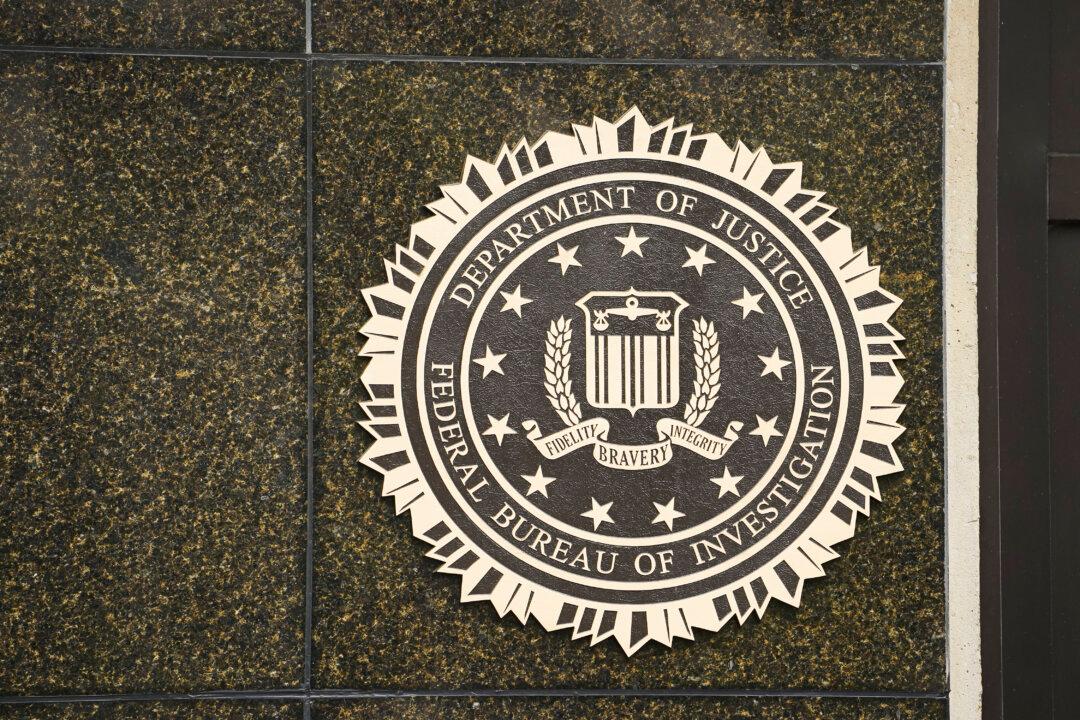A California man was on Wednesday convicted of sending a series of threatening emails to the Federal Bureau of Investigation (FBI), with his messages making repeated reference to the notorious “Unabomber” and culminating in threats to bomb an FBI field office.
Mark William Anten, a 52-year-old from Sun Valley, was found guilty on June 5 of two counts of making threats by interstate communication, according to the Department of Justice (DOJ).





